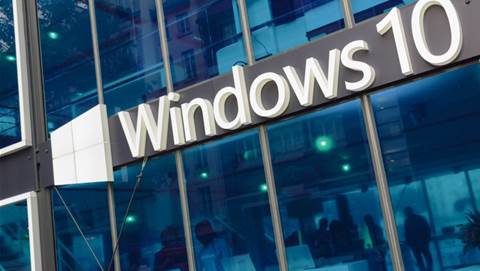
Intel said that the Atom processor is based on a new micro-architecture, making it the company's smallest and lowest power processor yet.
The components maintain compatibility with Intel's Core 2 Duo instruction set and offer support for multiple threads.
"This is our smallest processor built with the world's smallest transistors, " said Sean Maloney, executive vice president and chief sales and marketing officer at Intel.
"This small wonder is a fundamental new shift in design, small yet powerful enough to enable a big internet experience on these new devices. We believe it will unleash new innovation across the industry."
Intel has aimed its Atom range at the increasingly mobile personal computing industry, highlighted by popular products such as the Asus Eee PC.
The chip giant believes that demand for a new category of low-cost, internet-centric mobile computing devices and basic desktop PCs will grow substantially over the next several years.
Intel also stated that the chip has potential for future applications in consumer electronics devices, embedded applications and thin clients.
The first batch of Atom processors should be released later this quarter.

























